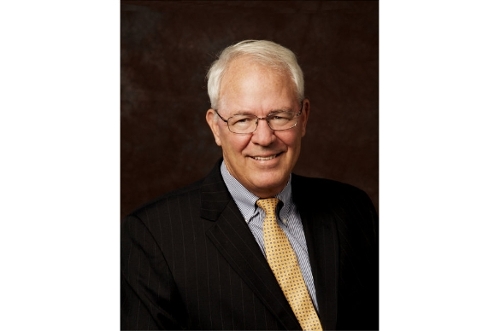
April 15, 2020
Dear Governor Carney:
The present pandemic has shone the spotlight on the restrictive occupational licensing of doctors and nurses in their mobility state to state as well as practice restrictions in many states, including Delaware. In a matter of a few days, under the pressure to address the needs of patients/hospitals in several states, these restrictive regulations were suspended, waived, or otherwise swept away.
Delaware should make the same reforms to these occupational licensing regulations, and we urge you to do so even through Executive Order.
The COVID 19 pandemic response teams at both federal and state levels also ran smack into the infamous Certificate of Need laws (CON). Originally based on the premise that by making better use of any excess capacity in the health system, such as hospital beds, ICU beds, the state would lower costs and create more access to health facilities.
After strong-arming the states to create CON laws in all 50 states by the mid-1970s, the Feds reviewed 10 years of data, concluded that neither objective was met, and repealed the laws in 1987. They urged the states to repeal the laws and permit open competition to meet the healthcare demands as it does in any other industry. 15 states repealed their CON laws, and 35, including Delaware, kept them to this day.
After 40 years of quiet consent among the incumbent hospital systems, other healthcare providers, and the Health Resources Board that enforces the CON laws in Delaware, they have successfully restricted outside health providers from entering the state and have produced the following:
- # 3 in the USA in healthcare costs per capita
- Chronic shortage of hospital beds, ICU beds, ER facilities
- #2 in the country in Emergency Room wait times (NCC hospital)
- Occupancy in hospital beds of 100%-105% reported for years (NCC hospital)
- Substandard rural health services/facilities
- Hospital costs consistently higher than states that repealed CON laws
- Slightly lower quality of outcomes, safety, patient satisfaction, and the same amount of charitable care compared to non-CON states
In brief, CON laws have been analyzed by non-partisan government agencies, states, and non-partisan think-tanks and conclusively shown to be an artificial barrier to normal market competition perpetuated by a government-regulated healthcare agency.
Apart from the inefficiency of government-regulated commerce of healthcare delivery, the real overall economic result has proven to be that relentless increases in healthcare costs crowd out pay raises for all employees, public and private, union and non-union. Delaware needs a pay raise.
We urge you, Sir, to suspend the Certificate of Need laws immediately for a period of not less than three years. Any shorter suspension period would not allow the time for competitive forces to be manifested and incumbents to react professionally.
You would not be alone: recently, Florida repealed its CON laws, Michigan has suspended its CON laws, and several other states are in similar reviews of these laws.
At the Legislature's "Sunset" Review Committee information-gathering meeting on March 11, 2020, we provided substantial factual documentation of CON law problems to each of the Committee members. They may and logically should recommend repeal.
Governments should not be managing businesses. It does not end well for its citizens, and that is certainly the case in Delaware.
In conclusion, New York state waived its CON law so the US Army Corps of Engineers could build a 2,500-bed hospital, which they did in 10 days. Do you really think that would have ever been approved through the CON process?
For Delawareans,
John R. Toedtman (Pictured)
Executive Director
Caesar Rodney Institute